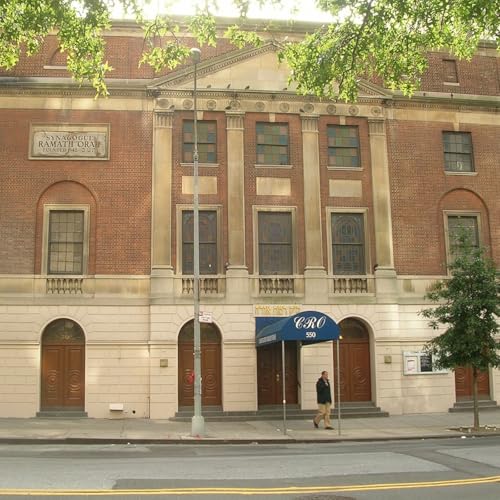
Shemot Ch. 8
No se pudo agregar al carrito
Add to Cart failed.
Error al Agregar a Lista de Deseos.
Error al eliminar de la lista de deseos.
Error al añadir a tu biblioteca
Error al seguir el podcast
Error al dejar de seguir el podcast
-
Narrado por:
-
De:
Shemot Chapter 8 presents the plague narrative as a theological showdown, not merely a political struggle. God’s repeated declaration that “Egypt shall know that I am the LORD” frames the plagues as a direct assault on Egypt’s religious worldview—its belief that natural forces are divine. Each plague dismantles a pillar of Egyptian “cosmic immanentism,” exposing the impotence of gods like Hapi, Osiris, Heqet, and even Pharaoh himself, who was revered as the living son of Re. Through the transformation of the Nile, the invasion of frogs, the death of cattle, and the affliction of Egypt’s healers, the narrative reveals the gods of Egypt as powerless before a transcendent Creator who stands outside nature and commands it at will.
As the plagues intensify, the stakes become cosmic. Hail fuses fire and ice in defiance of atmospheric deities, and darkness strikes at the heart of Egyptian theology by nullifying Re, the supreme sun god and the very source of Pharaoh’s divine authority. With Egypt immobilized in darkness while Israel dwells in light, the text delivers its decisive theological point: nature does not possess inherent divinity, nor do its supposed gods govern its forces. The plagues serve as a dramatic reeducation—an unveiling of the true Creator who judges false gods and reveals that all power, light, and life come from Him alone.


